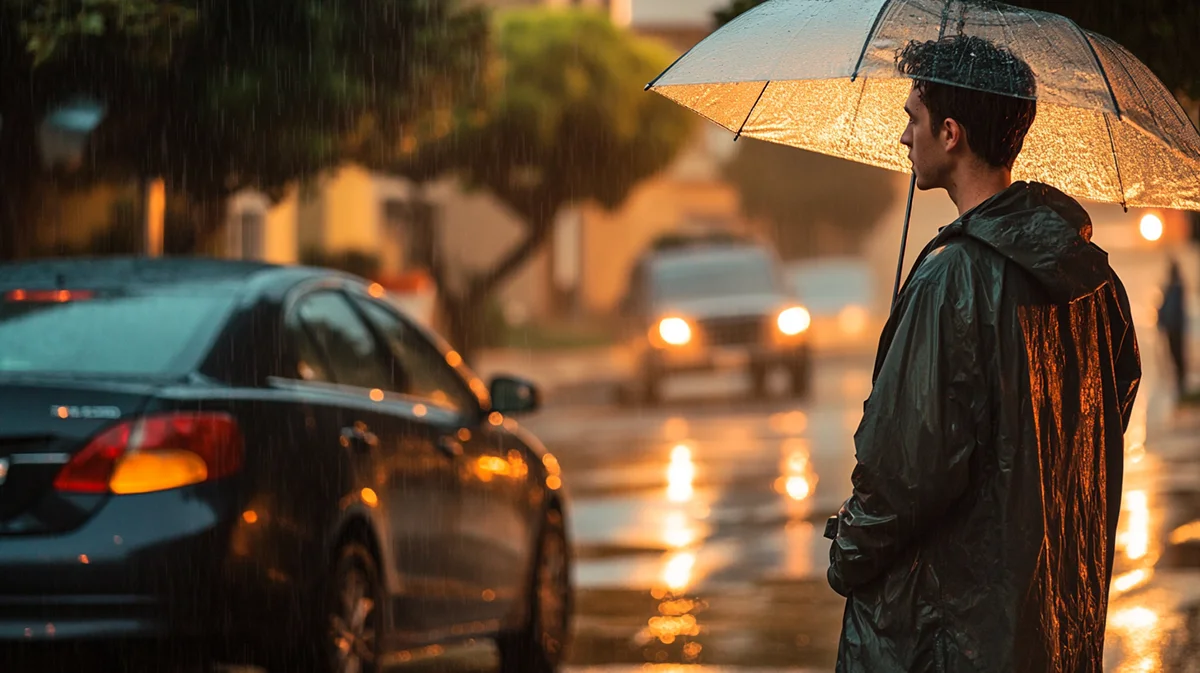5 Steps to Take After a Car Accident in California to Protect Your Rights
It’s a scene we’ve all feared: one minute, you're driving through Los Angeles, palm trees flying by, the sun sinking into the Pacific. The next? Chaos. Metal on metal. The crunch of your car folding under the weight of impact. Everything slows down. Adrenaline kicks in. In these moments, it’s hard to know what to do next. But what you do in the aftermath of a car accident can determine your physical recovery, your financial future, and your legal rights. You have one shot to get it right.
Step 1: Stay Put, Stay Calm, Stay Legal
Your first instinct might be to flee—especially if you’re shaken or scared. But don’t. In California, leaving the scene of an accident can land you in serious legal hot water. Under California Vehicle Code §20002, you’re required by law to remain at the scene, even if the accident seems minor. Leaving could escalate a fender-bender into a criminal hit-and-run charge.
Document Everything
Take a breath and stay put. Move to safety if possible, and check on others involved. Then, document everything—the road, the cars, the damage. Your phone is your best weapon. Take photos of the accident scene, skid marks, positions of vehicles, traffic lights, and any details that could matter later.
Step 2: Call the Authorities—Always
Even if it seems like a minor accident, call the police. A police report is critical for protecting your rights. The responding officer will create an official record of what happened, which is crucial if the case turns into a legal dispute.
Report the Accident Properly
You’re legally required to report any accident that involves injury, death, or property damage over $1,000 under California Vehicle Code §20008. This report becomes part of your insurance claim and helps establish fault.
Step 3: Seek Medical Attention—Even if You Feel Fine
After a crash, adrenaline can mask pain and injury symptoms. You might think you’re fine, but conditions like whiplash, concussions, or internal bleeding often appear hours or days later.
Why Immediate Care Matters
Seeing a doctor right away protects your health and your case. Medical records create a paper trail linking your injuries directly to the accident—proof that insurance companies can’t dispute. Delaying care can hurt both your health and your claim.
Step 4: Don’t Trust Insurance Companies—Yet
You may get a call from the other driver’s insurance company soon after the accident. They might sound sympathetic and offer a quick settlement. Don’t fall for it.
Understand Their Tactics
Insurance companies want to settle fast and cheap. They’ll offer a lowball amount before you know the full extent of your injuries. Don’t sign anything or give a recorded statement until you’ve spoken with an attorney. Every word you say could be used against you later.
Step 5: Lawyer Up—Immediately
The most important move you can make after an accident is hiring a California personal injury lawyer. Without legal representation, you’re entering a battle unarmed.
Why a Lawyer Changes Everything
Attorneys understand comparative negligence laws under California Civil Code §1714, which can impact your payout if you’re partially at fault. A lawyer can build your case, negotiate with insurers, and ensure you receive the maximum compensation—not just for medical bills and lost wages, but also for pain, suffering, and long-term recovery needs.
The Stakes Are High: Protect Your Future
A car accident can turn your world upside down, but what you do next determines whether you recover or struggle. From documenting the scene to hiring the right lawyer, each decision is critical.
With the right legal team, you can focus on healing while professionals handle the fight. Don’t gamble with your future—call California Attorney Group at (310) 278-6666 today for a free consultation. We’ll protect your rights and help you secure the justice and compensation you deserve.



